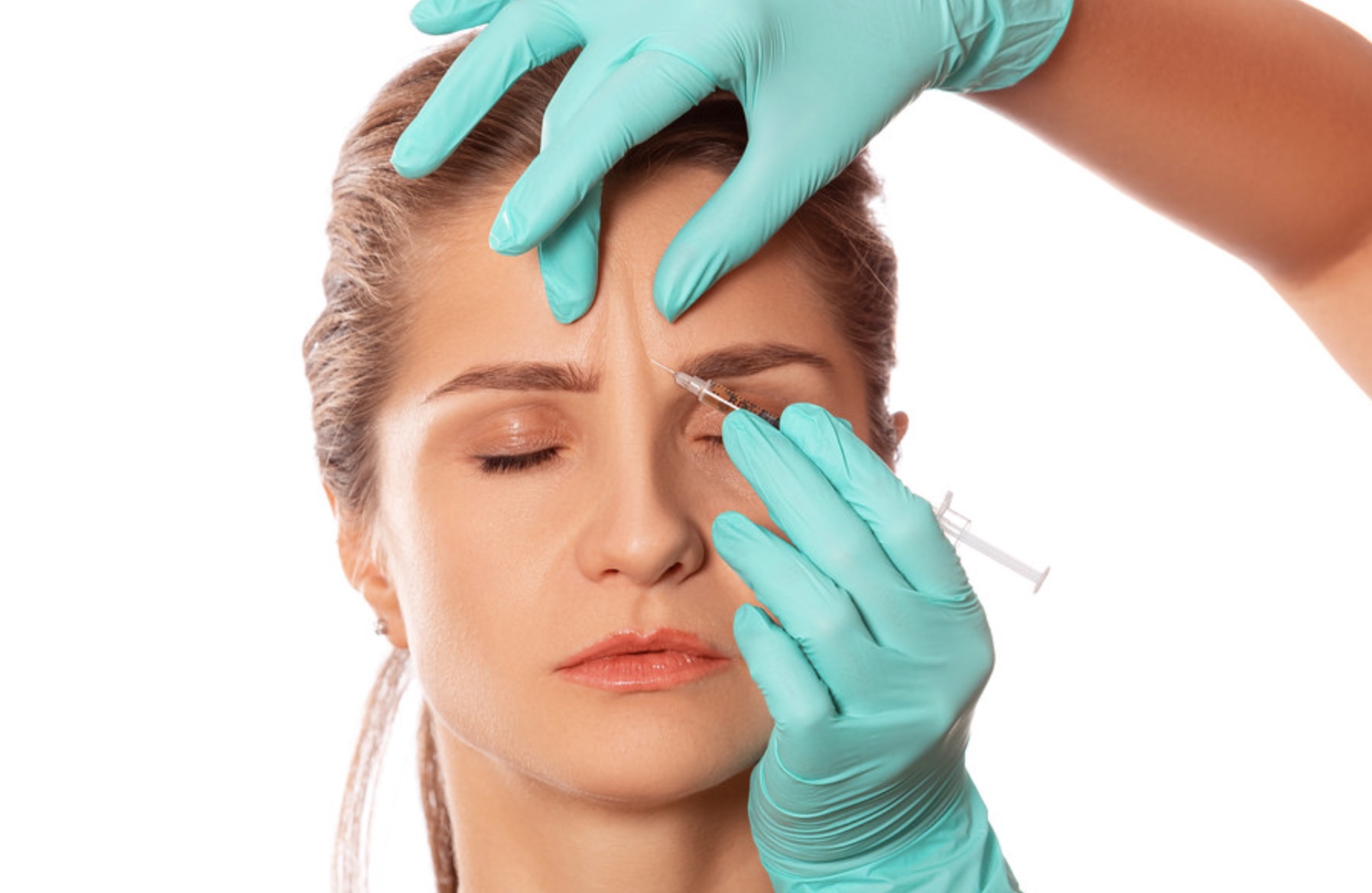Whether you need plastic surgery to address an acute injury or condition, or you’re simply having an elective cosmetic procedure done to enhance or accentuate a part of your body, it’s important that you take the recovery process seriously.
5 Tips for Faster Recovery
Plastic surgery has come a long way. Whether you’ve been injured in a car accident and need some reconstructive surgery on your face, or you want a minor facelift to look a few years younger, there are plenty of options.
And while recovery times are much faster than they used to be, there are still some proactive steps you can take to speed things along even more. Here are several:
- Follow Your Doctor’s Instructions
Your doctor spent more than a decade of their life in various medical programs studying to become a doctor. They’ve performed hundreds (if not thousands) of procedures. In other words, they’re the professional – not you. So it stands to reason that you should follow your doctor’s instructions, rather than attempting to plan out your own recovery.
A Dallas plastic surgeon also suggested that if your doctor tells you to avoid hot showers for three weeks after surgery, don’t give in after two weeks. If your doctor asks you not to do physical activity for 72 hours, skip your spin class and stay at home. Listen and be patient!
- Get Plenty of Rest
Rest plays a vital role in your recovery. Make sure you’re getting plenty of sleep in the days and weeks after your procedure. Not only does this aid in your physical recovery, but it also helps with your mental health.
You might normally sleep six hours per night. However, you should aim for eight to ten after a procedure. The body uses sleep time to restore and replenish healthy cells. These extra hours can speed up your recovery time and actually help you heal better/look better.
- Eat Well
It’s not just rest and medication that help with recovery. Your diet and nutrition play a key role as well. And if you want to fight off infection, increase strength, and accelerate healing, you should pay especially careful attention to the foods you eat. A proper blend of vitamins, antioxidants, and protein will help you get back on track.
The best foods for recovery include berries (grapes, pomegranates, raspberries, blueberries, strawberries, etc.), leafy vegetables, nuts, lean fish, lean meat, eggs, and probiotics.
Hydration is also important. Drinking plenty of fluids helps eliminate toxins from anesthesia, prevent constipation, and rush nutrients to wound sites to increase the speed and proficiency of healing. It can also prevent surgical complications like blood clots (which may lead to a pulmonary embolism).
For best results, take your weight and divide that number in half. This will give you the number of ounces you should drink. (i.e. A 160-pound person should consume 80 ounces of water in a 24-hour period). Try to consume water evenly throughout the day, rather than just a few concentrated bursts.
- Avoid Smoking or Vaping
Hopefully you don’t smoke or vape to begin with. However, if you do, you’ll want to avoid these unhealthy habits in the days and weeks immediately after surgery. Not only does nicotine slow down the healing process, but it can also increase your risk for complications. This could potentially leave you with lasting negative impacts.
- Keep Inflammation Down
After cosmetic surgery, inflammation is the one thing you absolutely need to keep down as much as possible. Listen to your doctor and ask for their best suggestions. Typically, this includes:
- Taking NSAIDs to manage the pain and bring down inflammation.
- Using ice to minimize swelling around the surgical site.
- Wearing compression garments to help your body control swelling/bruising.
In addition to taking these proactive measures, you should also avoid participating in rigorous physical activity that may encourage temporary swelling or inflammation in the body. (Remember, the key words here are rest and relaxation. There’s no sense in overdoing it.)
Be Kind to Yourself
When it’s all said and done, be kind to yourself. Don’t try to rush back after a procedure (no matter how minor it was). Take some time to rest and recuperate. This will ensure you return to full strength sooner rather than later.

